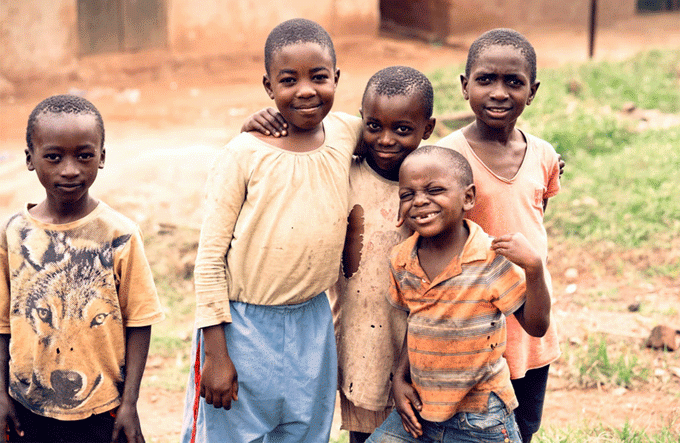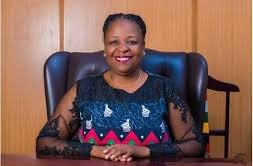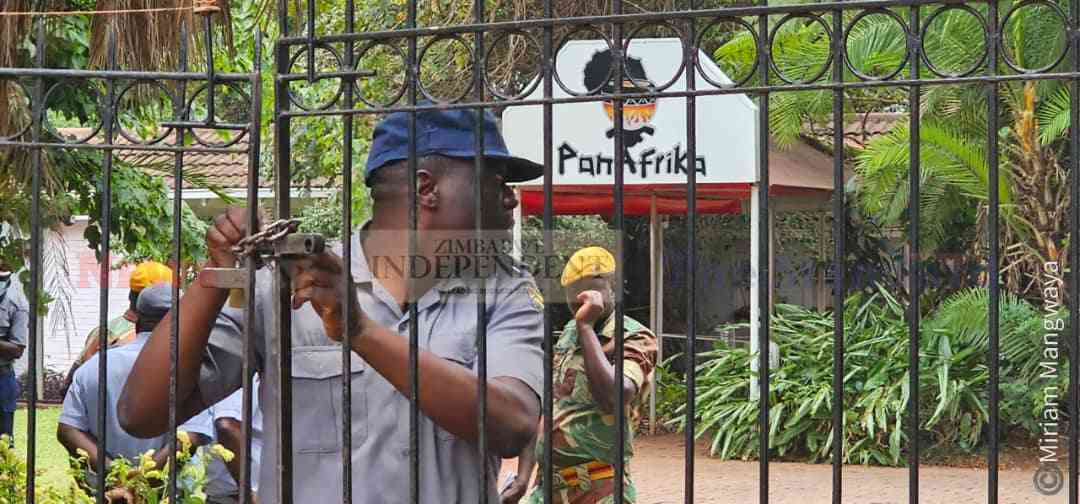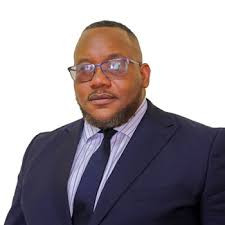
INGUTSHENI Hospital chief medical officer Namache Mawere has warned that society risks creating a vicious cycle of abuse by leaving the boy child behind on issues to do with addressing gender-based violence (GBV).
He told Southern Eye that GBV programmes should include boys from a young age so that they learn to respect girls and curb abuse.
The country joined the world on November 25 to commemorate 16 Days of Activism Against GBV, and different organisations have planned awareness campaigns up to December 10 when the 16 days end with the international Human Rights Day commemorations.
Mawere, who is a practising psychiatrist at Ingutsheni Hospital, said: “What the society is missing is that boys are being left behind to navigate life on their own. That leads to shocking results later on, like in the case of the 13-year-old Tsholotsho boy who impregnated his nine-year-old cousin. In such a case, there is excessive amount of attention being given to the girl, and yet the boy also needs professional help. This means that we need to delve deeper into the matter and engage our boys on GBV issues.”
The Ingutsheni boss said in most GBV cases, women tend to suffer mental stress more than men due to their nature.
“Women are emotional beings. Most of the women at our wards are hospitalised for post-natal depression, anxiety and post-traumatic disorders, while men are hospitalised for substance abuse,” Mawere said.
He said boys needed to be taught about gender equality and equity.
“If we give them orientation early on equality, we mould boys to become responsible men. We accept more women with lesser points at universities — and that is good,” Mawere said.
- Churches best positioned to deal with GBV
- The style interview: Tozeza Baba addresses gender-based violence
- Traditional leaders should front GBV fight
- GBV survivors share horrific stories
Keep Reading
“However, there is a danger in that it is creating unfair criteria towards one gender. We are likely to end up with frustrated boys. They may disregard their natural ability. We need to incorporate the two and take care of them as a society.”










